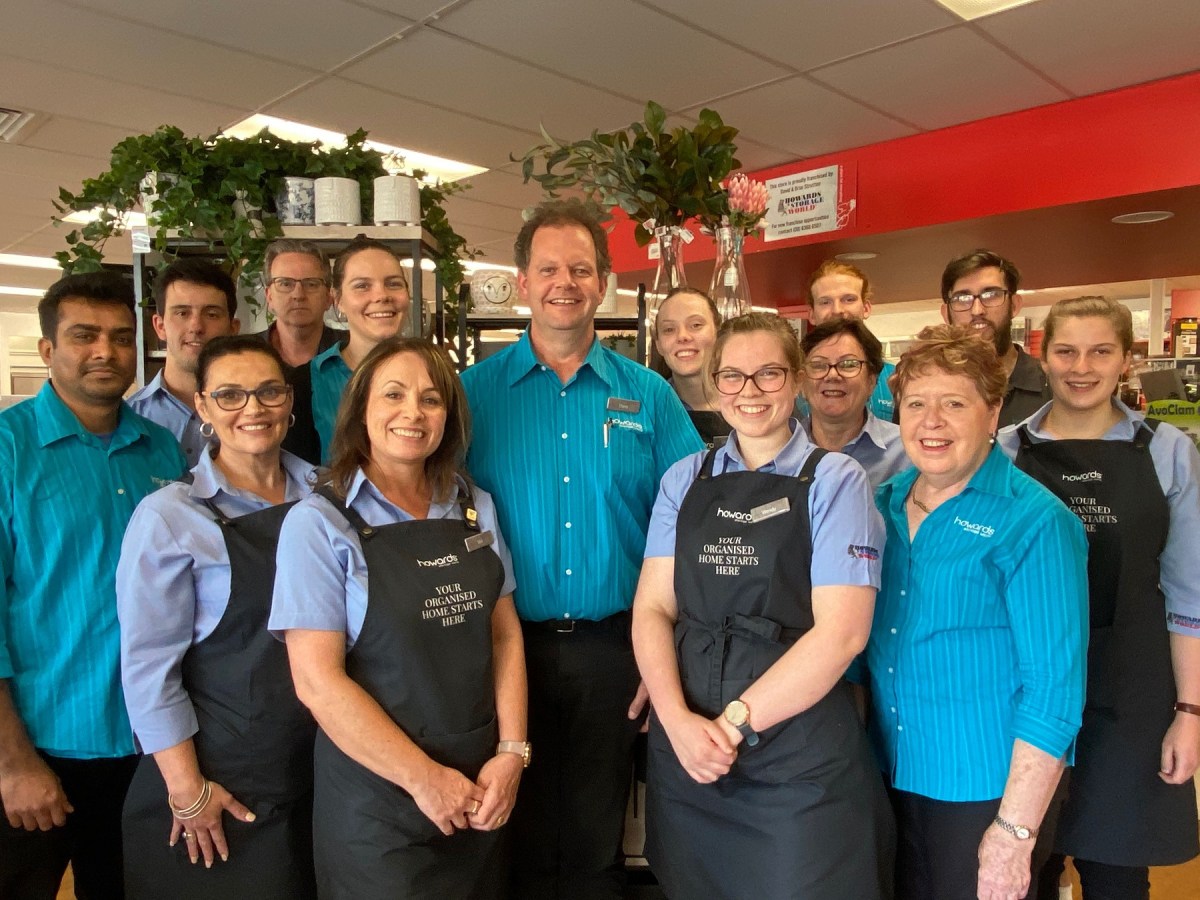Any death knell being sounded for bricks and mortar retail was hugely premature, and lessons learned from this crisis can help retailers understand what customers need and lead a new era for bricks and mortar stores going forward.
Most importantly, businesses need to take risks and improve the customer experience,.
Customers have hugely missed the in-store retail experience – browsing products, getting expert help and enjoying the purchase process. There’s an enormous appetite for that which bricks and mortar stores must capitalise on.
Shopping online and waiting for delivery has its place, but nothing beats the instant gratification of buying the thing you want or need and taking it home. However, that experience can be soured if you can’t supply the products your customer expects. Our customers know our products and expect us to have them in stock.
Identifying customer trends – and planning for them – was the most important thing we learned over the last two years. We took a calculated risk and placed larger than normal orders in anticipation of delays, unreliable stock landing dates and orders not turning up.
The pandemic exposed retailers who’ve failed to adapt their operations to accommodate the volatility of pandemic supply chains. You can’t afford to hesitate and play wait-and-see in this climate. The basic take out from the pandemic and the resultant supply chain crisis was and still is – forward planning is king.
The major ways bricks and mortar stores can thrive in the future are:
- Optimise the in-store experience: There’s no substitute for the experience of shopping in real life. After enduring lockdowns and the uptake of vaccinations, customer confidence has returned. Bricks and mortar stores maintain one crucial advantage over online shopping – the experience – and everything needs to be geared towards that going forward to maximise returns.
- Think ahead: Planning for likely disruptions rather than hoping everything will be okay is crucial to retaining your customer base. Covid isn’t going away anytime soon and retailers need to keep that in mind going forward, providing customers with a safe and convenient place to shop.
- Analyse your sales history to tailor stock appropriately: Look at your last two years of sales to identify your core ranges and have supply on hand. However good your product range is, the simple truth is that no-one will buy an item if they don’t want it or believe they don’t need it, so accurate sales history is paramount. Scrambling to place last minute orders to fill shelves won’t work in this environment. Retailers are operating in unprecedented times and only those willing to be decisive, aggressive and creative will survive.
- Improve your communication to your customers: Trust is the most important commodity for any business, and it’s something much easier to build in person. Well trained staff, with excellent product knowledge, are paramount in developing relationships and trust with customers. It’s never too late to invest in staff training.
- Customer memberships are gold: Two thirds of my sales come from my 64,000 store customer database. These are my ‘bread and butter’ clients and the most important market segment for my business. They shop more frequently, spend more when in-store and provide invaluable word of mouth advertising. During the pandemic, they provided strong shopping data and retailers should be directly communicating to their members right now.
- Hit the stop floor to understand consumer behaviour: Customer feedback and real time data happens at floor level. My team and I are in-store talking to and serving customers to understand what they want from the retail experience to help ensure repeat visits. It also builds a personal relationship that you don’t get via online shopping which is so important to many consumers.
If they’re buying a product in-store they want to take it home that day so you must have adequate stock so you don’t disappoint and undermine confidence. Knowing and understanding your customer is central to managing supply chain issues.
Dave Strutton is store owner of Howards Storage Mile End, Adelaide.

